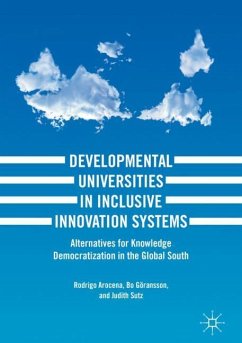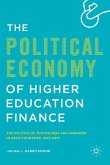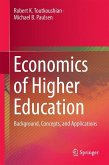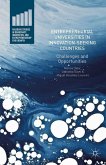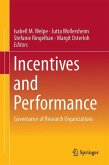This book analyzes the current trends in the production, dissemination, and use of knowledge which contribute to social inequalities, especially in the Global South. The aim of the text is to explore the possibilities of active involvement by universities in the democratization of knowledge - a process by which people will be able to more easily acquire and utilize knowledge, as well as the results and benefits of research and development. Combining higher education, research, and knowledge utilization is what universities should be doing. When they efficiently contribute to overcoming inequality and underdevelopment, they may be considered developmental universities. They should not function in solitude with privileged elites alone, but in the context of "inclusive innovation systems."
Bitte wählen Sie Ihr Anliegen aus.
Rechnungen
Retourenschein anfordern
Bestellstatus
Storno

